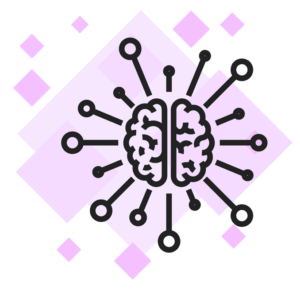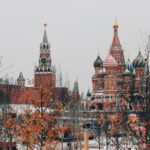The United Nations Human Rights Office has joined the chorus of rights organizations calling for a temporary ban on the use of facial recognition. The request came in a report that looked at the negative impact that artificial intelligence systems can have on people’s privacy, their freedom of movement, and their ability to access public services like healthcare and education.

In that regard, the report went beyond facial recognition, and pushed for a moratorium on any AI systems that could infringe on someone’s civil liberties. For example, flawed AI decision making could result in someone losing social security benefits, or being denied a job without ever having the opportunity to speak to a human agent.
The Office expressed particular concern about the lack of transparency in many AI systems, arguing that it is difficult to hold systems (and the organizations that use them) accountable when people do not know how their data is being handled. The people writing the algorithms could end up recreating racial, gender, and other biases that exist in society at large, but people would not be able to address those concerns without more insight into their development.
“Given the rapid and continuous growth of AI, filling the immense accountability gap in how data is collected, stored, shared and used is one of the most urgent human rights questions we face,” said UN High Commissioner for Human Rights Michelle Bachelet. “We cannot afford to continue playing catch-up regarding AI — allowing its use with limited or no boundaries or oversight, and dealing with the almost inevitable human rights consequences after the fact.”
With that in mind, Bachelet wants governments all over the world to stop using AI technologies, at least until the human rights implications are more completely understood. The moratorium would give governments more time to study AI technologies, and to pass laws that protect the civil liberties of the people being captured in those AI systems.
The report applies to many different kinds of AI software, though it did single out facial recognition as one of the most egregious civil rights offenders. Bachelet noted that any laws would need to address future uses of data that is being stored, and ensure that AI systems are not deployed until they meet certain standards for accuracy and non-discrimination.
The UN Human Rights Office request echoes similar statements from other organizations. The Council of Europe has asked governments to prohibit face-based profiling technology, while the European Data Protection Board and the European Data Protection Supervisor have pushed the European Commission to pass bans that are much stricter than the ones already being drafted. Watchdogs like Amnesty International, Fight for the Future, and the Canadian Civil Liberties Association have also spearheaded the anti-facial recognition movement in North America.
Source: ABC News
–
September 20, 2021 – by Eric Weiss







Follow Us